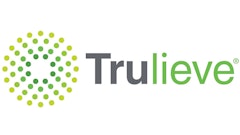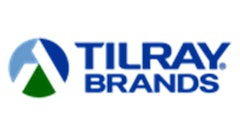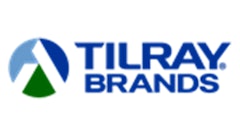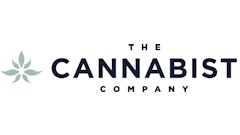
With a major deal afoot, International Cannabis Corp. and Wayland Holdings recently “reaffirmed” an intent to set up a new global subsidiary. Wayland’s far-reaching portfolio would be transferred to a new company owned by the two corporations (51.1 percent by Wayland and 49.9 percent by ICC).
In effect, the maneuver would produce the economies of scale needed to accelerate revenues and position each company for rapid growth as countries in Europe and elsewhere hone their cannabis reform policies. The two companies are “diligently” working toward a definitive purchase agreement; nothing is final yet.
Eugene Beukman, CEO of ICC, tells Cannabis Business Times that the cannabis market is becoming a global force—like the consumer packaged goods market that it’s beginning to emulate in some ways. To grow a company on a certain global scale, his team is hoping to harness the power behind ICC and Wayland’s portfolios to deepen an international footprint as markets open up and begin to mature rapidly.
About a year ago, Beukman’s team started with a $200,000 shell company. The goal: “to build the world's largest vertically integrated pure cannabis global play.” What the company has done to achieve that is assemble a portfolio that spans four continents, with holdings including Theros Pharma Ltd. (UK), Danavian Cannabis Ltd. (Denmark) and Maricann GMBH in Dresden, Germany. Across Europe, ICC’s portfolio claims 39,000 points of sale and distribution channels.
ICC’s assets would be complemented, then, by Wayland’s portfolio: a suite of powerhouse cannabis companies that includes Rare Dankness, Northern Harvest and High Tide.
“It's going to equip us with cross-functional teams,” Beukman says. “We both have very healthy treasuries; ICC just closed a $45-million private placement. We truly believe it's going to give us the most expansive license and asset portfolio in the cannabis industry. … We're very excited to start to integrate some of [Wayland’s] renowned products and really fulfill some of these purchase orders that are building up in our pipeline.”
It’s a play at the global movement of cannabis, a shot at landing where the sprawling and nascent international market is headed. With the United Nations’ Commission on Narcotic Drugs taking a close look at drug export policies around the world, the barriers to trade in the cannabis industry are eroding. Germany, where ICC is placing much of its focus for the year ahead, is already bringing in medical cannabis imports from licensed producers in Canada (like Aurora).
“Here in North America, the analogy I like to use is that we're in the bottom of the sixth inning,” Beukman says. “But when you compare that to, say, Europe or Latin America, they’re really kind of in the top of the first here. The true alpha is going to be realized from these emerging jurisdictions.”
To get from here to there—to meet those emerging jurisdictions on the economic playing field, so to speak—Beukman says the Wayland deal is a step forward.
A key component is the institutional knowledge that management teams across Wayland’s portfolio can bring to bear as the two companies guide themselves through international markets.
“In order to manage all the different regulations and ensure that we are compliant, we work with a team of global consultants,” Beukman says. “We also work on forging relationships with local counsel, as well as politicians both on the municipal and the federal levels. So, it's really all about knowledge transfer. It’s about open lines of communication, and it's about leveraging those local subject matter experts to ensure that we stay compliant and that we're optimizing our operations in those respective jurisdictions.”
In Denmark and Germany—ICC’s “flagship assets,” Beukman says—the goal is to ramp up production and use friendly export laws to move cannabis product across the European Union. Wayland’s operational team members are starting to work with ICC teams on the ground in Europe, Beukman says.
And while Germany, especially, gets itself in position to begin issuing licenses, Beukman says this sort of deal that his team is fleshing out with Wayland is the path forward to capturing market share in a corner of the world that’s about to see a great deal of cannabis business.
In a recent interview on the German market, Dentons partner Peter Homberg landed on a similar point: “Being able to deliver a product of reliable and steady quality is one of the main challenges. Companies must be able to fulfill the respective quality criteria [e.g. the GMP regulations] in the country of exportation.” Maricann GMBH has already secured that EU GMP certification—another step on the road to what Beukman is hoping to achieve on the continent and elsewhere in the world.
























